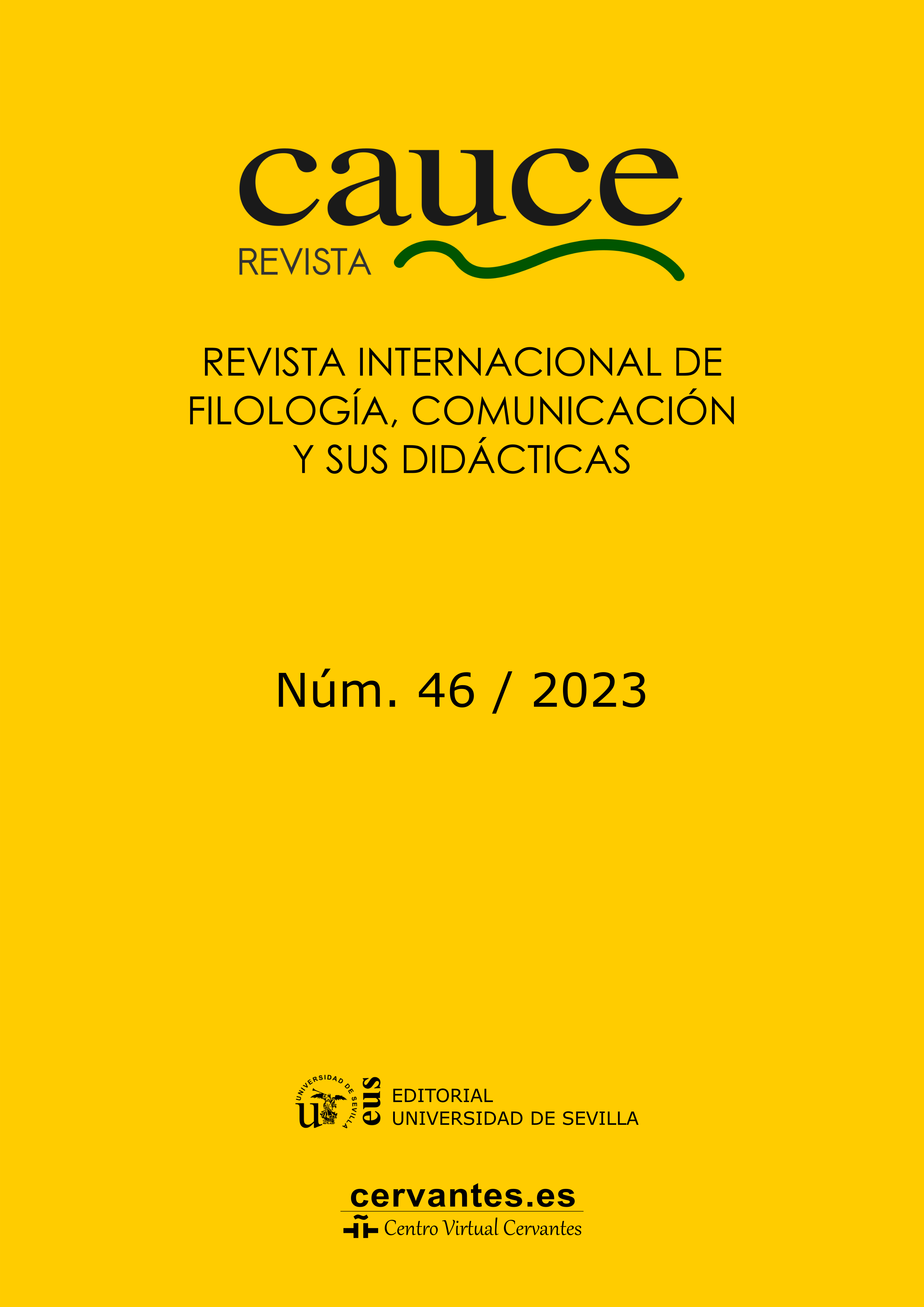Neurolinguistic programming for the improvement of writing processes
Analysis of results focused on arbitrary spelling and visual memory
DOI:
https://doi.org/10.12795/cauce.v46i1.24438Abstract
Difficulties related to writing, and specifically those related to spelling, are part of everyday school reality. The social importance given nowadays to writing correctly in the formal sphere makes us reconsider the way in which this issue is dealt with at the primary education stage. The traditional methods of teaching spelling do not seem to be giving good results to those pupils who do not manage to write correctly and according to the norm. For this reason, this paper concentrates the results of the theoretical analysis process carried out through the specialised literature, and as a consequence of which an empirical proposal has been designed and developed to verify an improvement derived from a process of innovation that proposes a method that reinforces the pupil's visual memory and links it to spelling, The processes involved in the writing of arbitrary spelling words and, therefore, of spelling in general, have been significantly improved, favouring the visual —and quality— memory of the words when they are written.
Downloads

Published
How to Cite
Issue
Section
License
Los originales publicados en la Revista Cauce se acogen a la licencia "Creative Commons Reconocimiento 4.0" (CC BY 4.0). En caso de posteriores citas o menciones por parte de los mismos u otros autores, dicha licencia obliga a la mención de los autores originales.
Puede consultar desde aquí la versión informativa y el texto legal de la licencia. Esta circunstancia ha de hacerse constar expresamente de esta forma cuando sea necesario.

